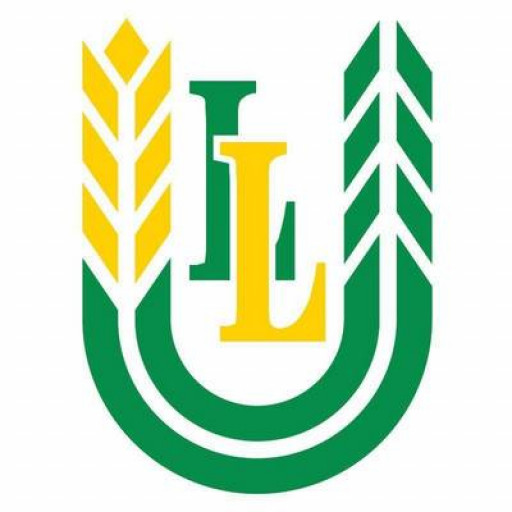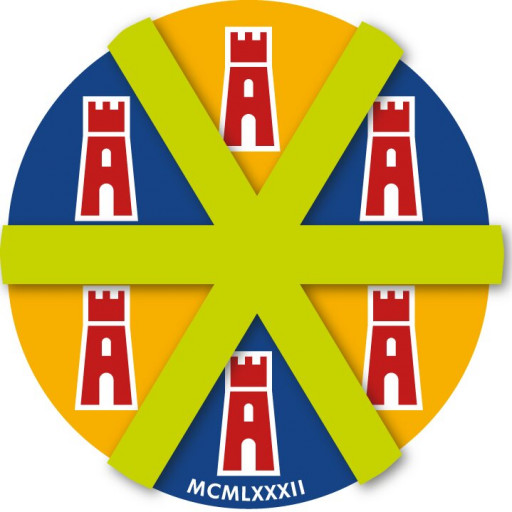Photos of university / #unikassel
The International Food Business and Consumer Studies (IFBC) Master’s program at the University of Kassel is a comprehensive and interdisciplinary course designed to prepare students for the dynamic and globalized food industry. This program combines in-depth knowledge of food production, marketing, sustainability, and consumer behavior to equip graduates with the skills necessary to manage complex challenges in the food sector. Students will explore various aspects of the food supply chain, from agricultural practices and food processing to distribution and retail, with a focus on international markets. The curriculum emphasizes sustainable practices, food safety, quality management, and innovative business models, preparing students to lead in environmentally responsible and ethically conscious food enterprises. Alongside theoretical foundations, the program offers practical components such as case studies, internships, and project work, enabling students to apply their knowledge in real-world contexts. The international orientation of the program is reflected in the diverse student body, multinational faculty, and the inclusion of case studies from different cultural and market contexts. Graduates of the IFBC program will be well-positioned for careers in food marketing, consultancy, supply chain management, product development, and policy advisory roles within the food industry. The University of Kassel’s strong connections with industry partners and research institutions provide valuable networking opportunities and access to the latest innovations in food business and consumer research. Upon completing the program, students will have gained a global perspective on food systems, enhanced entrepreneurial skills, and the ability to develop sustainable solutions for the complex challenges facing the international food sector. This program is ideal for individuals passionate about transforming the future of food through responsible business practices and consumer-centric approaches.
Educational organisation
The course is delivered over four semesters, starting in October. Teaching is organised on a module-credit basis and is delivered over three semesters. The fourth semester is dedicated to the completion of the Master's thesis. 15 modules must be completed to finish the programme successfully. A module overview and more detailed information on all subjects are available on the website.Learning methods include lectures, workshops, seminars and practical and project work. The module "Project Work" includes intensive group work and teamwork activities.
Each course module is assessed individually, generally on the quality of written or visual presentation work and on verbal presentations. Assessment methods may include reports, seminar papers, formal written examinations, project work, visual and verbal presentations, workshops, simulations and practical exercises. The majority of the assessments are based on individual assignments but group work is also assessed.
The unique features of the programme - "short paths", traditions in project-oriented teaching and work and individual contacts between teachers and students - create optimal conditions for an excellent learning approach in the programme.
The is a joint degree programme between two German universities: Fulda University of Applied Sciences (Nutritional, Food and Consumer Sciences) and Universität Kassel (Organic Agricultural Sciences). The main course location is Witzenhausen. Classes are taught regularly in Fulda.
Study abroad unit(s)
German students are required to earn at least 12 ECTS abroad. Students holding a first degree from a university outside Germany are not expected to spend a semester abroad.Internships
No internship included, but recommended; support and contacts to companies and institutions availableForms of assessment
Practical collaborative/group projects, written assignments, presentations and written/oral examinations, and Master's thesisCourse objectives
The programme qualifies students to take on responsibility for tasks in food enterprises and related organisations which are active on a national and international scale. Graduates are particularly qualified to work at the "interfaces" between various cultures.In order to prepare students for this occupational field, the programme provides them with the skills needed to plan, carry out, document and evaluate complex projects professionally, especially in the fields of product quality, product development, innovation, intercultural marketing and the management of processes, data and accounts within food supply chains. Students are also trained in interdisciplinary work and intercultural communication focusing on cultural differences and their effects on consumer and organisational behaviour. Students also learn how to conduct scientific research in food and consumer sciences and economics. Moreover, the programme encourages students to work according to the principles of ethics and sustainability.
Language requirements
Applicants whose first language is not English should be able to demonstrate a satisfactory level of spoken and written English and provide a proof of their language skills in English, level C1 according to CEFR or equivalent (e.g. TOEFL - internet-based, IELTS or an equivalent certificate).Further information: http://www.hs-fulda.de/ifbc
Academic requirements
The programme attracts students from a wide range of backgrounds, disciplines and nationalities. Applicants are welcome from academic disciplines in the field of nutrition, food and consumer sciences, food technology or agricultural science. Candidates with a background in economics and related fields should possess appropriate knowledge and skills at degree standard in fields related to food and agricultural economics/business.Admission is normally open to those with a good undergraduate honours degree (or equivalent overseas degree from a recognised institution) with a "B (upper division) grade" average assessment on the final certificate or an average final grade of at least 2.5 on the German scale.
Enrolment fees
Mandatory registration fees allow students to use public transport free of charge and the university's refectories and cafeterias at reduced prices. For example, the registration fee for the summer semester of 2016 amounted to approx. 275 EUR.Costs of living
In order to cover personal expenses while studying in Kassel, it is recommended that students budget around 750-900 EUR per month for accommodation, food, health insurance, books, and miscellaneous expenses.Job opportunities
Students may apply for part-time jobs or work as student assistants on campus. Please have a look at http://www.uni-kassel.de. Some departments also provide positions as tutors or student assistants. However, with only basic knowledge of German (or none), job opportunities are limited.Arrival support
An orientation week is regularly offered to international students. During information sessions, tours, excursions, events, and leisure-time activities, international students get to know their departments, courses, the campus, and life in Kassel or Witzenhausen and become acquainted with their lecturers and fellow students. Students get the chance to make new friends during the campus rally or at the get-together brunch. Senior student tutors will assist foreign students with any questions or problems they may encounter during their stay.Services and support for international students
Orientation week at the main site in Kassel: owoche@uni-kassel.deSupport service at the campus site in Witzenhausen: tutor-int@uni-kassel.de
Contact for exchange students: sabineernst@uni-kassel.de
Welcome Centre: http://www.uni-kassel.de/go/welcome-centre









